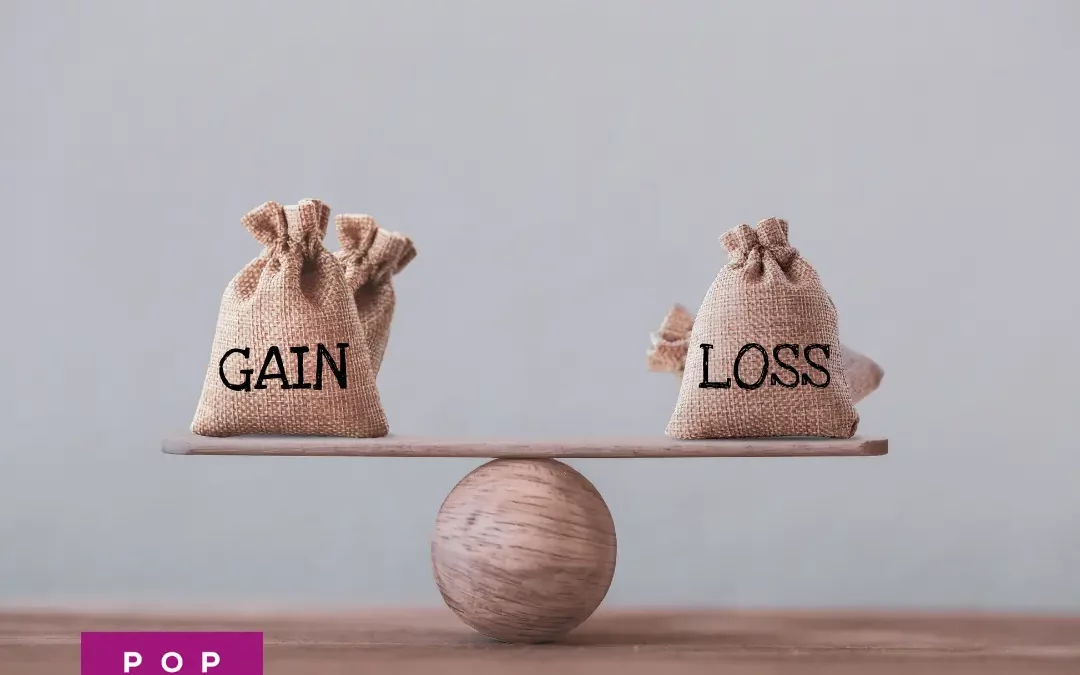How many of these scenarios can you relate to?
1. You walk by the break room at work and see cookies in there. You know you should keep walking but you stop in and grab one … and then another … and then another.
2. You’re driving home after a long day at work and have zero desire to cook dinner. There’s a Chick-Fil-A conveniently positioned on your way home and you find yourself in line at the drive thru yet again.
3. You go out to dinner with the fam and decide you’re going to “be good.” You order a plain salad with grilled chicken and dressing on the side. Your kid orders chicken fingers and fries and only eats half. You just want a couple of fries and before you know it, you’ve eaten the other half of their meal.
4. It’s movie night with the fam. You cuddle up on the couch and the adults decide to have a glass of wine, while the kids grab some popcorn and chips. You tell yourself you’re not going to have any and by the end of the movie, both bags are gone. And it was mostly you.
5. Any of the above situations occur and you feel guilt and shame so you vow to not let that happen again. You cut calories and restrict even further, which ends in even more binge episodes and feeling lack of control around food.
So … any of the above resonate?
Hopefully none.
But I have a hunch that 1 or 2 may strike a cord.
Is the problem a lack of willpower?
For me, if you were to adjust some of the minor details … they all have been a part of my life at one point or another.
And my assumption at the time may be exactly what you’re assuming right now …
It’s simply a lack of willpower.
I mean, it makes sense, right?
If you just restrained yourself from walking into the break room … the 5 cookies wouldn’t have been eaten.
If you just stopped yourself from eating your kid’s food … you’d be so much closer to your goals.
If you just had more willpower … you’d be totally fine!
Right?
Wrong.
This is where a combination of research and anecdote comes into play.
You know what research tells us about those who are successful in reaching their goals and those that struggle with weight maintenance?
There’s actually no difference in willpower.
You’re not lacking in that department.
You may, however, be relying on willpower too much.
Eating enough gets you out of the restrictive cycle.
For example, if you’re hangry when you’re passing the break room and have no alternatives . .. the cookies are the obvious choice.
Willpower is all you’ve got in that scenario and it’ll fail more often than not.
What if you were actually eating enough so you weren’t hangry AND had some alternative choices on hand?
The cookies lose their appeal.
The drive thru is no longer the logical solution.
The chips and popcorn seem irrelevant.
Of course, you can still eat those things.
But something crazy happens …
You can actually eat them in moderation.
You feel in total control.
This is where anecdotal evidence is strong.
It happens ALL THE TIME for our clients.
These exact stories.
Once they start eating enough and getting out of the cycle of constant restriction …
They no longer feel a lack of control around food.
They no longer question their willpower.
They feel a total sense of freedom in being able to make choices that align with their goals.
And yes, their goals include balance and moderation so they can still have a cookie from the break room without feeling the pull to have ALL the cookies.
Success is about more than just willpower.
It’s a beautiful thing that happens when you actually give your body what it requires.
This is all part of what we accomplish through Metabolic Priming, where we ensure our clients are eating adequately enough to support their activity, stressors, recovery, and lifestyle.
It’s a necessary step towards any body composition goal … assuming you actually want to sustain that goal.
We’ve now successfully done this thousands of times and it never ceases to amaze me the total mindset transformation that occurs during this process.
It makes everything easier in the long run.
It’s a huge part of the reason our 1:1 clients are able to lose an average of 20-30 lbs. in our 6 month program and completely repair their relationship with food.
The other two major components of the process are implementing our Neurotyping principles by tailoring a plan based on their personality type so they can stay consistent and actually enjoy the process …
And the lifestyle integration phase so they can be social while still reaching their goals and have a plan that becomes a permanent solution.
If you’re struggling because you feel like you have no willpower or control around food in certain situations, you’re not alone.
That’s where most of our clients started too.
The next step would simply be to find out if you’re the right fit for our program.
You can do that by sending me a private message on FB.
I’ll ask a few questions and if we decide it’s a good fit, we can get started right away.







